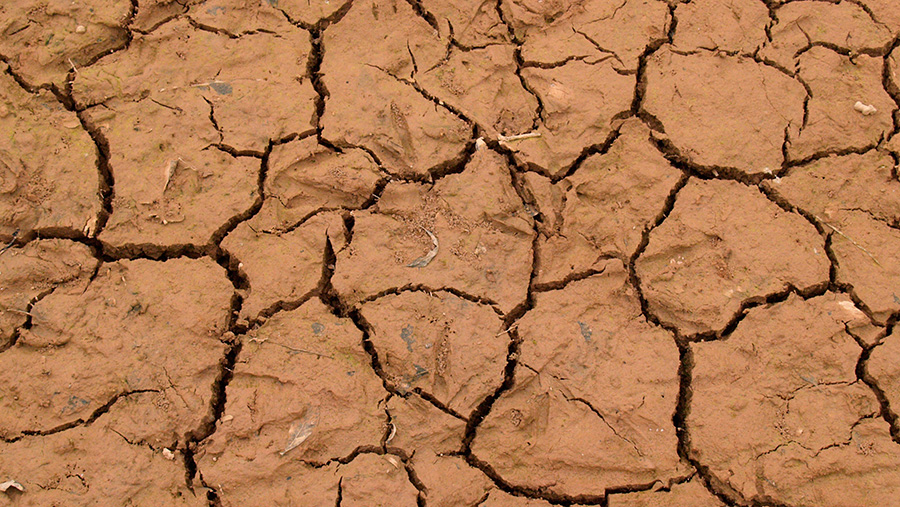New approach to protecting soils promised by government
 © Roger Hosking/FLPA/imageBROKER/REX/Shutterstock
© Roger Hosking/FLPA/imageBROKER/REX/Shutterstock The approach to soil management must change if UK agriculture is to improve soil quality and mitigate climate change, Theresa May’s government has acknowledged.
Neglecting soil health could have “dire consequences” for food security, climate change, and public health, warned an Environmental Audit Committee report on the subject, which was published in June.
In its response to the report, the government said: “Soils play a vital role and we now have the opportunity to consider a long-term vision for the environment we want in Britain following the EU referendum vote.
See also: Only 100 harvests left in UK soils, scientists warn
“Development of the new approach will need to be informed by significant engagement with a wide range of interests to determine that vision and to work together to deliver it.”
The Soil Association (SA) said it was pleased to see the government taking soil health seriously.
Georgia Farnworth, SA policy officer, said: “We now need to see a much more robust commitment to taking action to protect soils – on soil organic matter, the English and Scottish governments need to move from good words to action.”
In its recent response to the all-party parliamentary report on soil health, the government commented on several key areas related to agriculture.
These included:
Soil organic matter
The government said soil organic matter (SOM) has an “extremely important role to play” and we can all benefit from managing soils better.
As such, it is committed to investigating ways to increase SOM, and that permanent land use change from cropland to grassland or forestry can offer some of the greatest potential to store carbon.
Lowland drained peat
The government confirmed that research is under way to address gaps in knowledge about how carbon and greenhouse gasses are emitted and stored in the lowland peatlands in England and Wales.
A report, due to be published later this year, will help estimate how different land uses on peat will contribute to greenhouse gas storage and emissions in future.
Maize for anaerobic digestion
The government acknowledged that growing food was the main purpose of farmland, and that maize growing has increased alongside growth in AD on farms.
Crops such as maize, which are harvested late in the season, can have a negative impact on soil and water quality, it added.
The new Department for Business, Energy and Industrial Strategy (BEIS) – formerly Department of Energy and Climate Change (Decc) – is investigating sustainability criteria and restrictions for subsidies under the Feed-in Tariffs scheme.
The government proposes not to ban maize completely, but to restrict the amount paid to farmers for generating energy from it. More information will be published later this year.
The cross-compliance regime
Cross compliance is an EU regime that applies to farmers who claim Basic Payment Scheme payments as well as those in certain agri-environment schemes, including the Countryside Stewardship scheme.
Following a vote for Brexit, the government said it was vital that any future agricultural policy framework ensures British farming remains competitive whilst protecting and enhancing the environment – including by not compromising soil health.
